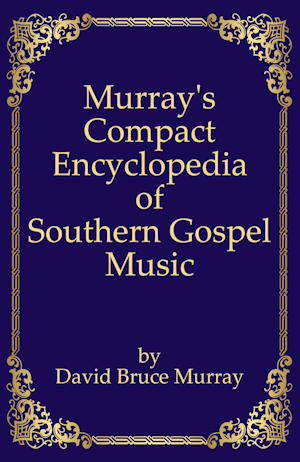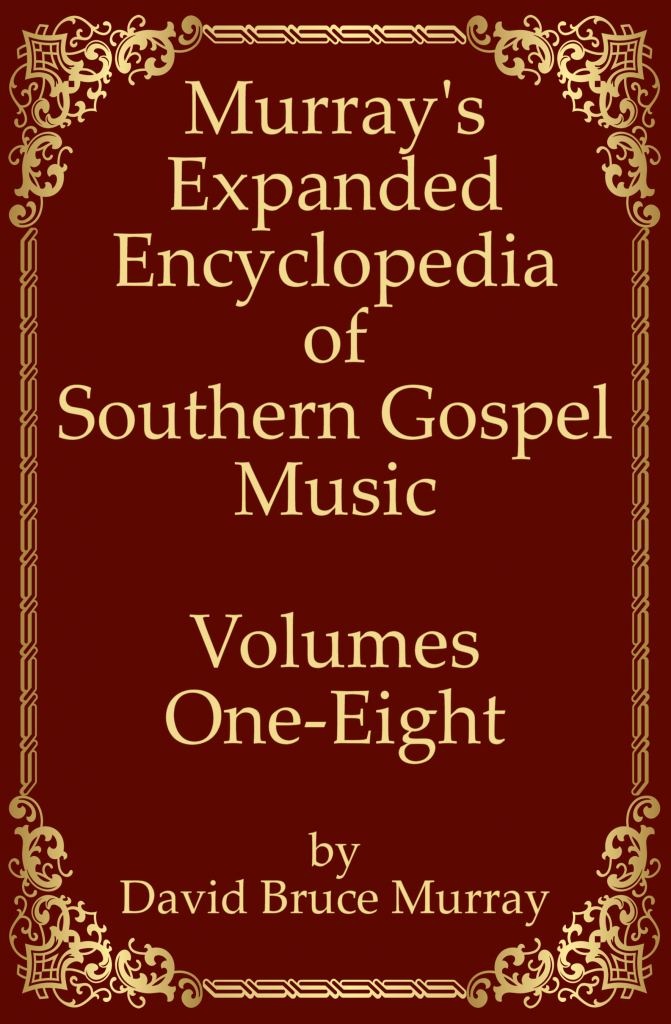In May of 2020 (just as the pandemic began to really take hold globally), I wrote an article about how it could potentially impact the gospel music industry, especially live presentations. In hindsight, one of the solutions discussed may have been a double-edged sword, leading to an unexpected controversy (and a bit of a line being drawn in the sand).
The solution to which I’m referring is live concert streaming. During the heights of the pandemic, many artists (across multiple genres) took to streaming events as a way to continue to perform (and earn an income) while staying safe. In fact, by the time the article was written, some artists had already taken the initiative and set up live streaming events that could be watched online in real time. Scott Godsey had even announced the Hope Sings online concert series, where you could pay $20 per concert and see them live (and I THINK you had the option to watch the recording at a later date, but I honestly can’t remember).
Later on during the pandemic, a new streaming service from Singing News was announced. One of the selling points of this service was special pay-per-view live performances. While some folks complained about having to pay the base fee for the service, just to pay again for “special events,” as a whole, it was a forward-thinking concept that seemed to have its supporters among gospel fans.
Gospel artists, however, wound up being a VERY mixed bag, and as the pandemic situation eased and live performances began booking again, some artists made it clear that they did not want their live performances to be streamed. This, of course, led to said line in the sand between these artists and the fans who started to like being able to see these live performances in the comfort of their own home.
The number one reason given for resisting live streaming was licensing. During the pandemic, many industry rules were relaxed in order to allow artists to continue to work, but even so, anytime a song is broadcast (whether it be radio, TV, internet, or other such medium), certain royalties are due to a list of involved parties. Songwriters, publishers, record labels, etc., are all entitled to a portion of any income received from a broadcast that includes their work. Now, if a single artist is charging $20 per stream, and they have 100 viewers watching in real time, that’s $2000 that will need to be divided among the artist, songwriters, publishers, and any other rights holders, as well as to cover the cost of the broadcast (camera operators, sound engineers, recording engineers, web hosting, equipment, sets, etc.).
Another less-talked-about reason has to do with brand protection. When you attend a live concert by your favorite artist, it is often treated as a “special event.” You make an effort to be present, often at a cost, and you get to experience a presentation that is specific to that venue and that date/time. Whether the show went off flawlessly or had any number of issues, it was still something that ONLY the people in the room got to experience (until someone inevitably uploads a video of it to YouTube – which is a discussion for another article). It’s the same reason artists sometimes prohibit video taping of concerts – they know it may not be perfect, but perfection should be limited to the studio. When a performance is live streamed (or even pre-recorded and made available later), you now have a presentation that, unless the artist/producer took the time to do some editing, is being laid out warts and all for the whole world to see.
And yes, audiences in general (and gospel audiences in particular) can be VERY forgiving of a less-than-perfect performance, but still, why risk hurting your brand by allowing a potentially subpar performance to be made available to the masses? Even live albums are almost always fixed to some degree after the fact.
So, the question now becomes, if it was ok before, why isn’t ok now?
The simple answer is this: it never really was “ok” before. Again, the pandemic forced many to make drastic adjustments in order to survive financially, but those adjustments were never meant to be permanent. In an industry that is already facing an uphill battle with the decline of physical media and the rise of digital audio platforms, it’s understandable why some artists would balk at the idea of being asked to risk further loss of income (and brand value). Some may view it as being greedy, but there is a different between greed and simply trying to remain financially solvent.
While I have taken some artists to task for resisting the AUDIO streaming movement (like it or not, it’s here to stay and is essentially the industry standard if you want your music to be available to a wide audience, especially since most stores no longer carry CD’s beyond the Top 40), I do support artists who are against LIVE streaming, at least for the reasons given above. A live event should be exactly that – LIVE and IN PERSON. There should be a connection between artists and their audience that is unique to that event.
I’m not saying that live streaming events can’t or shouldn’t happen, mind you. There may be times where live streaming is a smart move, especially if it’s for an event that is otherwise sold-out with a high demand. For your regular, “every day” concerts, however…let them be exactly that – live concerts.






We have promoters in the industry (like Bill Bailey) who want to offer this in the right way and yet they can’t come an agreement that satisfies the collective rights holders.
Now, if I’m an artist and a promoter is willing to not only pay my flat, but is also willing to pay me royalties and also pay royalties to the songwriters whose songs I perform, how does it make sense to turn that down? I can understand, perhaps, not wanting to do it for a “love offering,” but can’t see demanding so much it makes no sense.
That’s where the brand protection comes into play. If an artist is easily watchable through a streaming service, then what incentive does an audience have to go see them in person? Also, if a live concert doesn’t go 100%, so long as it’s not on record (or being broadcast), the only people that might know it are the ones in attendance.
Case in point – if you mention the name “Kurt Young” in gospel circles, the first thing that comes to mind is the Dove Awards performance that seemingly sealed his fate with the Cathedrals. Those in the room claimed that it didn’t sound nearly as bad as the live feed, but all it takes is one bad mix coupled with an off-night…
Now, if Bill Bailey (or any other promoter) were to say, “Ok, we’re going to RECORD the performance and allow the artist the opportunity to approve final mixes/edits before making the recording available for streaming AFTER the show,” (on his own dime), then I would agree that artists are being overly finicky, but even then, there are other factors to consider.
One such factor might be record labels giving approval to such a project. If an artist is under an exclusive agreement for any audio/visual recordings made by an artist, then the label has the right to say, “No, you can’t take part.” It’s entirely possible that artists’ hands are effectively tied in some cases, whether they want to take part or not. Even if a live stream is ONLY available during the live event and not recorded, modern technology allows for instant capture in real-time, so bootlegs are incredibly easy to come by, again putting the artist and/or label at risk for losses.